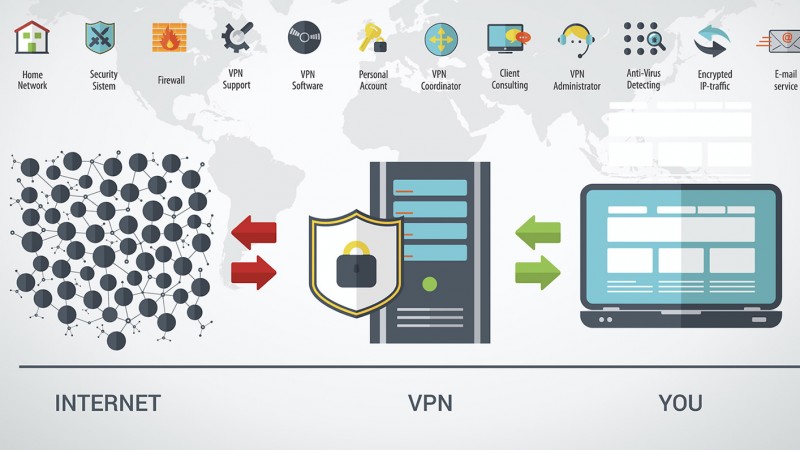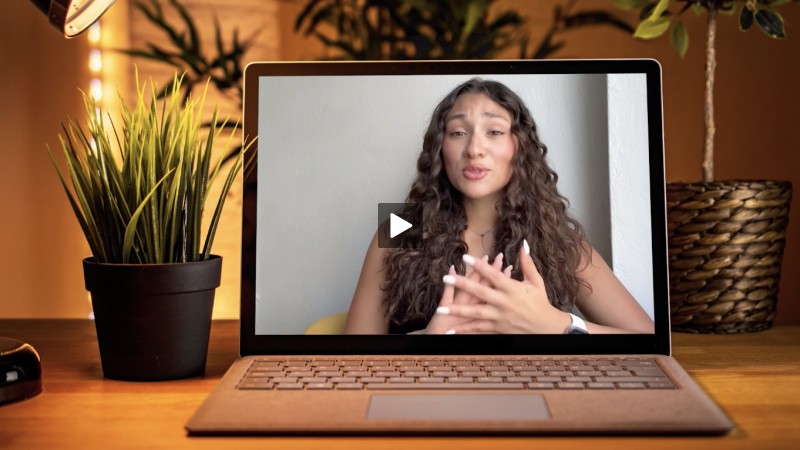Secure Your Financial and Personal Information - Online and Off
- Detalles
- Escrito por Remar Sutton
- Categoría: Articles

Data breaches. Phishing scams. Identity Theft. Malware. Lost or stolen wallets and credit cards. These are just a few of the ways through which our personal and financial information is being attacked – online and offline. There are steps that you can take to make sure that your information is secure. Here are a few.
Keeping Your Accounts Secure
Keep an eye on all of your accounts by regularly checking the transactions. Setting up alerts on your accounts can help. Immediately report any transactions that you didn't make.
Consider putting a security or credit freeze on your account at each of the three credit reporting bureaus: Experian, Equifax, and TransUnion. This is the most effective way to prevent any new credit being opened in your name in the event your information has been compromised. There may be a small fee to add or lift a freeze. Remember to lift the freeze before you apply.
Enable two-factor authentication where offered. Two-factor authentication (or authorization) uses a password and a second method to verify your identity. The second method is typically a single use code sent to you by text or email.
Keeping Your Mobile Devices Secure
Download apps only from the official app store for your device. The official app stores regularly check apps for malicious behavior.
Mobile devices have built-in security. Removing the manufacturer's and carrier's restrictions (called jailbreaking) disables data protection and application validation.
Install app and system updates. Updates fix security issues and other bugs.
Keeping Your Devices Secure
Install and keep updated security software that includes at a minimum anti-virus protection and a firewall. Many security products now include additional features that can help you better protect your information.
Backup your important documents, files, and photos. Use an external drive and/or online service. Some applications provide an online backup capability.
Watch out for ransomware. This type of malware can prevent you from using your computer by encrypting your files or preventing programs from running. The only way usually to regain access if you have been hit by ransomware is to pay money or complete surveys. Don't do either. Your best defense is to back up your files.
Securing Your Information Is up to You
The tips above are just the beginning for securing your personal and financial information. The resources below have many more. The more steps you take, the more secure your information will be.
For More Information
From the Privacy Rights Clearinghouse
- How to Deal with a Security Breach
- Coping with Identity Theft: Reducing the Risk of Fraud
- Privacy in the Age of the Smartphone
From the Federal Trade Commission
- Credit Freeze FAQs
- Identity Theft has many resources including steps to take for a data breach, protecting your identity, reporting Id Theft and recovering from Id Theft
- How to Keep Your Personal Information Secure
Consumer Reports' Guide to Internet Security


































